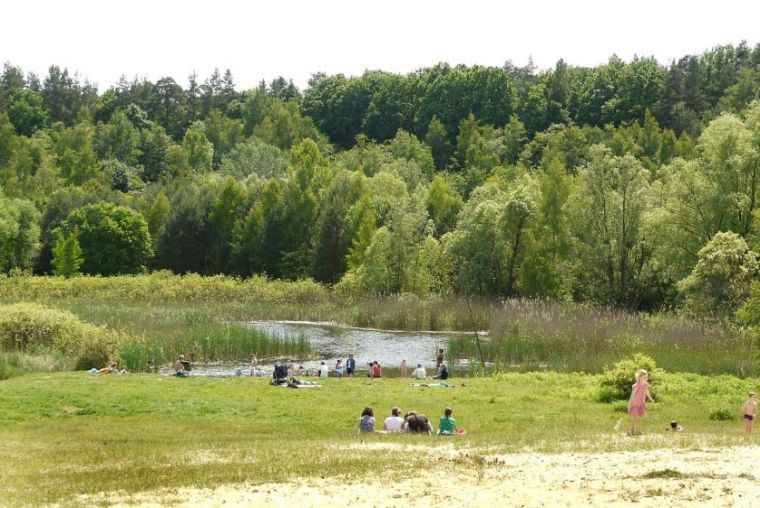The Nature of Cities: “Instead of aiming at control, we must embrace uncertainty and redefine principles of design to acknowledge the complexity of hybrid ecosystems,” stated Marina Alberti, University of Washington

Credit: The Urban Ecosystem, Alberti 2017, in Press
The Nature of Cities: Are cities ecosystems of nature, infrastructure and people?
In her recent book, Cities That Think like Planets, Marina Alberti advances the hypothesis that cities are hybrid ecosystems: the product of co-evolving human and natural systems. is Professor of Urban Design and Planning and Director of the Urban Ecology Research Lab at the University of Washington. Her research focuses on complexity, resilience, and eco-evolutionary dynamics in urban ecosystems.
Cities as Hybrid Ecosystems
“Urban ecosystems emerge from complex interactions and feedbacks between the human, natural and technological system components of urban ecosystems,” states Marina Alberti. “From an ecological viewpoint, they differ markedly from historical ecological systems. But urban ecosystems also differ significantly from historical human settlements: they are novel habitats and contain both  natural and human historical features.
natural and human historical features.
“I suggest that if we are to understand ecosystems in which humans are the key players, we need a paradigm shift in the way we study these ecosystems. As hybrid ecosystems, cities operate at the border of a phase transition between alternative behavioral states governed by either historical or novel feedback mechanisms.
“As ecosystems are increasingly dominated by human action, they move toward a new set of feedback mechanisms. Their state is unstable. We can drive them to collapse or we can consciously steer them toward outcomes we desire. But what is a desired outcome? Desired by whom? What is the role of human values in urban ecosystems?
“Framing a new science of hybrid ecosystems implies addressing the diversity of human values, their conflicts, and the ethical dimensions.”
Designing Urban Ecosystems
“How do we design complex hybrid systems in which the components are highly diverse, interconnected, and interdependent?
“Instead of aiming at control, we must embrace uncertainty and redefine principles of design to acknowledge the complexity of hybrid ecosystems. And most of all we need to find new ways to creatively engage the communities in designing the cities of the future,” concludes Marina Alberti.
To Learn More:
OR download a PDF copy of Are Cities Ecosystems?

Grunewald in Berlin was the kind of landscape studied by Herbert Sukopp in the early days of urban ecology, circa the mid 1970’s. It was a politically symbolic landscape as well as an ecosystem inside the city walls.

